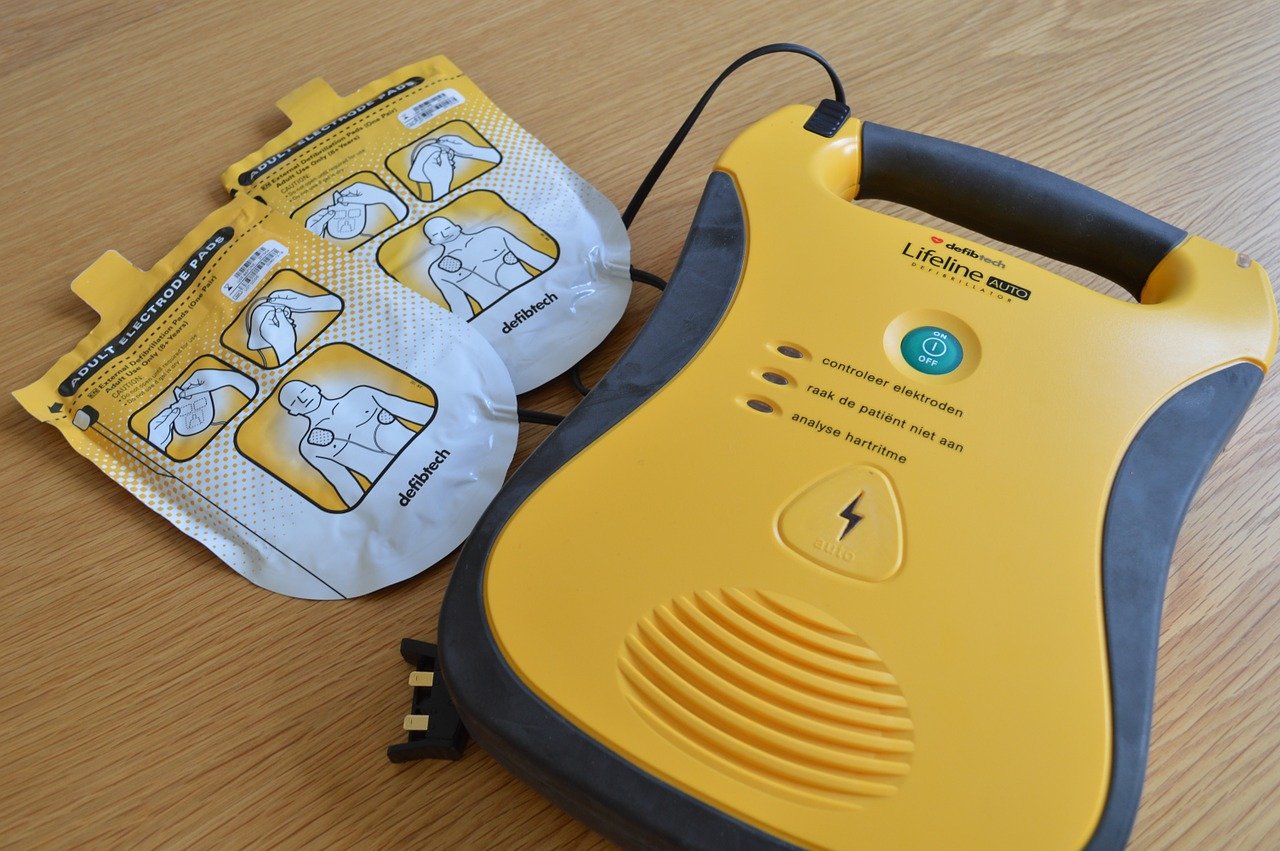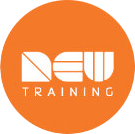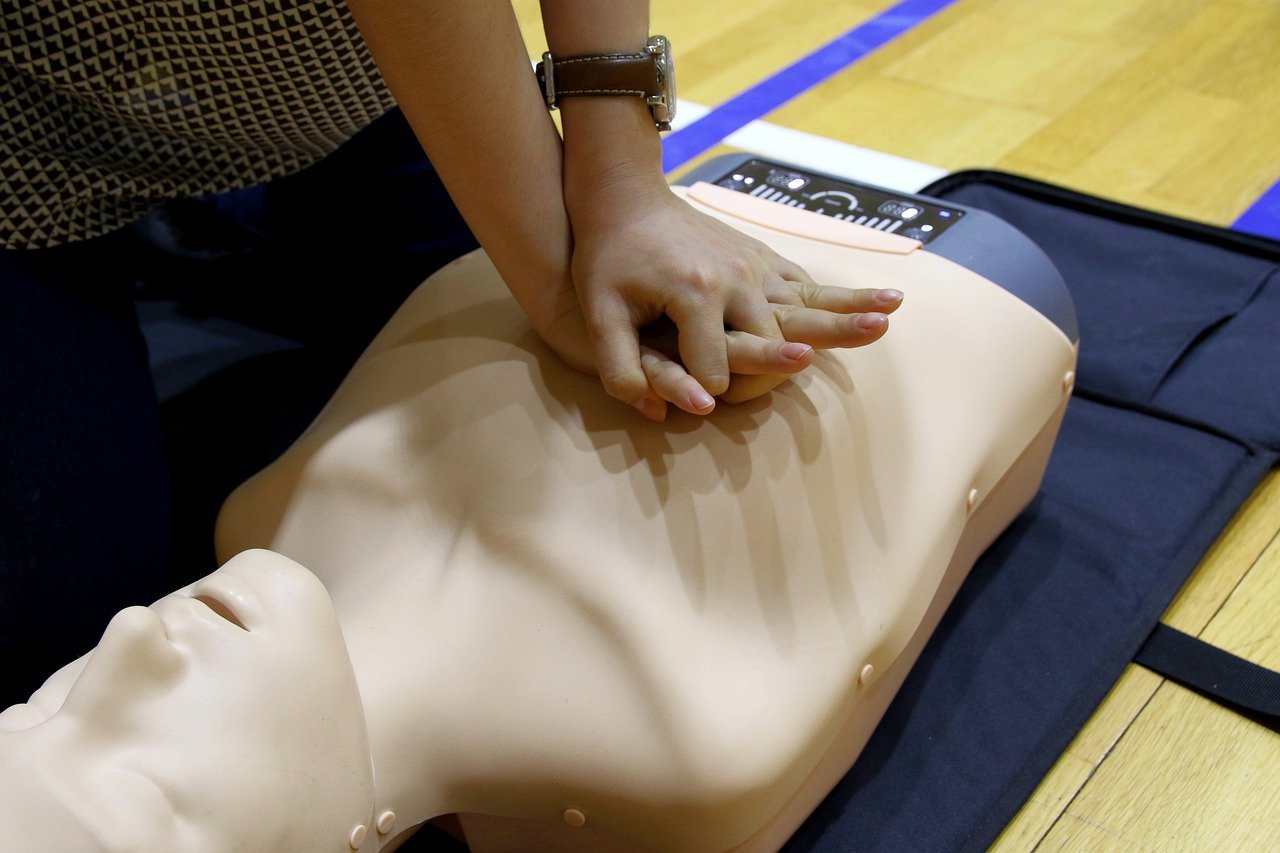According to the West Midlands Ambulance Service 2012/2013 data, survival rates for patients suffering cardiac arrest currently stand at 10.1%. Shocking you may think, but is the fault of our highly trained and professional emergency responders? The answer is no, definitely not!
The reason for such low survival rates is due to the lack of awareness and understanding of general First Aid procedures from us, the public. If more of us were given the opportunity to train and practice cardio pulmonary resuscitation (CPR) these grim statistics could be dramatically improved.
Contrary to popular belief a heart attack and cardiac arrest is NOT the same thing. A heart attack can be identified by recognising early symptoms, a pain in the left arm, chest pain, or in some, a mild discomfort. Heart attack is commonly confused with indigestion, but never again! It is caused by a lack of blood flow and oxygen to an area of the heart muscle; however, if this is not treated urgently a heart attack can, but not always, lead to cardiac arrest, where the heart stops completely. If this happens, the casualty will lose consciousness immediately and there will be no other signs of life.
If this happens you need to respond quickly. Call 112! You know you will need a defibrillator. Start CPR. The sooner CPR is started the better your casualty’s chance of survival. For every minute that goes by where CPR is not administered your casualty’s survival rate decreases by 10%.

Would you know what to do if this happened to someone you love?
For further information on our First Aid courses please see our First Aid courses.





